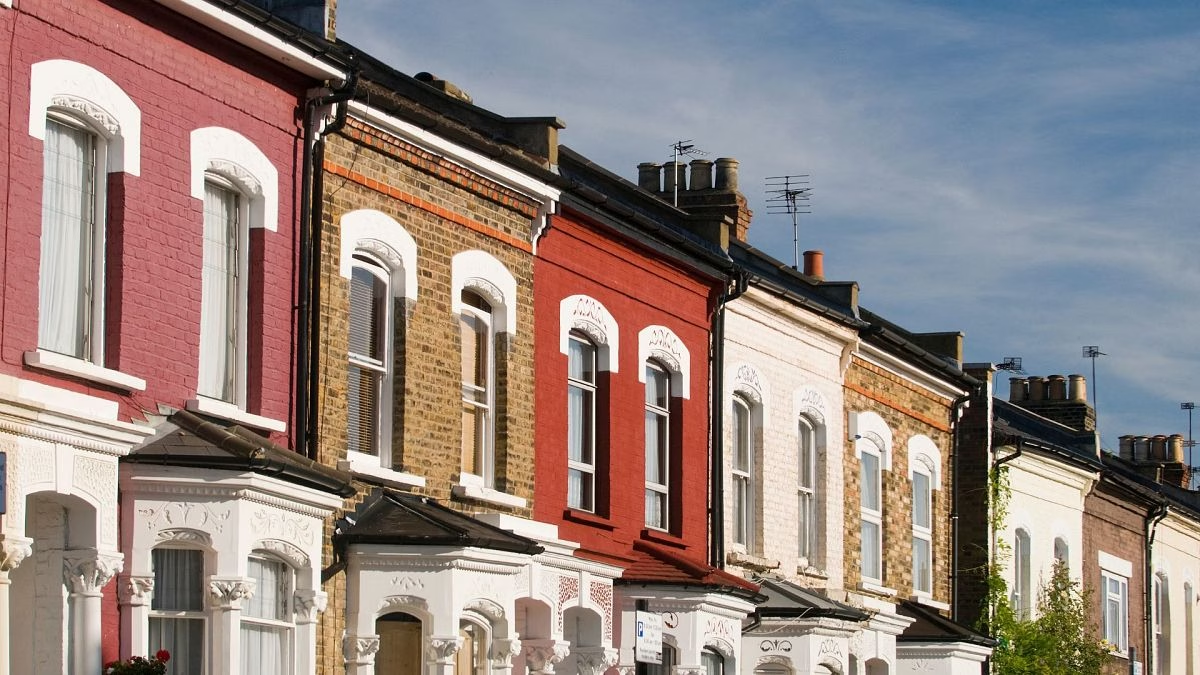The demand for houses in the UK witnessed a slight decrease last month, particularly among first-time buyers, as the approaching change in the stamp duty threshold, effective from 1 April, begins to influence market behavior.
UK house prices rose by 2.9% on an annual basis in February, matching January’s increase, dwindling to a six-month low.
The Halifax House Price Index reported a total below analysts’ forecasts of 3.1%.
House prices slightly decreased by -0.1% monthly in February, dipping from January’s 0.6% growth and falling short of expectations of a 0.3% increase.
The average property price fell from £298,815 (€355,778) in January to £298,602 (€355,525) in February.
Scotland observed strong house price growth annually, with 3.8% in February compared to 2.5% in January, representing the fastest twelve-month rise in property prices.
Northern Ireland maintained its position as the leader in UK annual house price increases in February, registering a 5.9% growth, comparable to January’s rate.
Welsh house prices rose by 2.8% annually in February, with an average house price of approximately £226,811 (€270,023).
In England, Humberside and Yorkshire recorded the highest annual property price increase in February at 4.1%, with properties averaging £216,130 (€257,307).
House price growth softened annually in London, at 1.6% in February, decreasing from 2.6% in January, yet remaining the most expensive UK region for real estate.
Demand Dwindles as Stamp Duty Changes Approach
Stamp duty is a tax that buyers in the UK must pay when purchasing land or property above a certain value, currently set at £250,000 (€297,651).
For first-time buyers, an elevated threshold means purchases up to £425,000 (€505,690.1) are tax-exempt.
From 1 April 2025, these thresholds will reduce to £125,000 and £300,000 for first-time buyers, reversing hikes introduced in the September 2022 mini-budget.
These amendments may increase house purchasing costs, compounding the existing cost of living crisis in the UK.
“February’s figures reflect the UK housing market’s delicate balance. While there were discussions of a last-minute surge in new mortgages preceding stamp duty changes, we’re beginning to see some of that pre-brought forward demand fade as the April deadline nears, due to the time needed to finalize a purchase,” remarked Amanda Bryden, Halifax’s head of mortgages.
“This could clarify why first-time buyer property price growth slowed in February, dropping to +2.4%, in contrast to homemover price inflation, which quickened to +3.7%,” she added.
Bryden also observed: “While house price growth has slowed overall, market activity remains robust and equivalent to pre-pandemic levels, illustrating buyers’ resilience in the face of rising borrowing costs.”
February’s report may offer some solace to UK housebuilders.
“Housebuilders seem to be sighing in relief following the latest UK house price figures. The market has paused rather than plummeted as the stamp duty holiday ends,” said Russ Mould, investment director at AJ Bell.
“While the latest Halifax figures were under expectations, they were by no means calamitous. The impetus as people rushed to beat the deadline has dissipated, yet the country’s supply and demand dynamics can continue to support property prices.”






